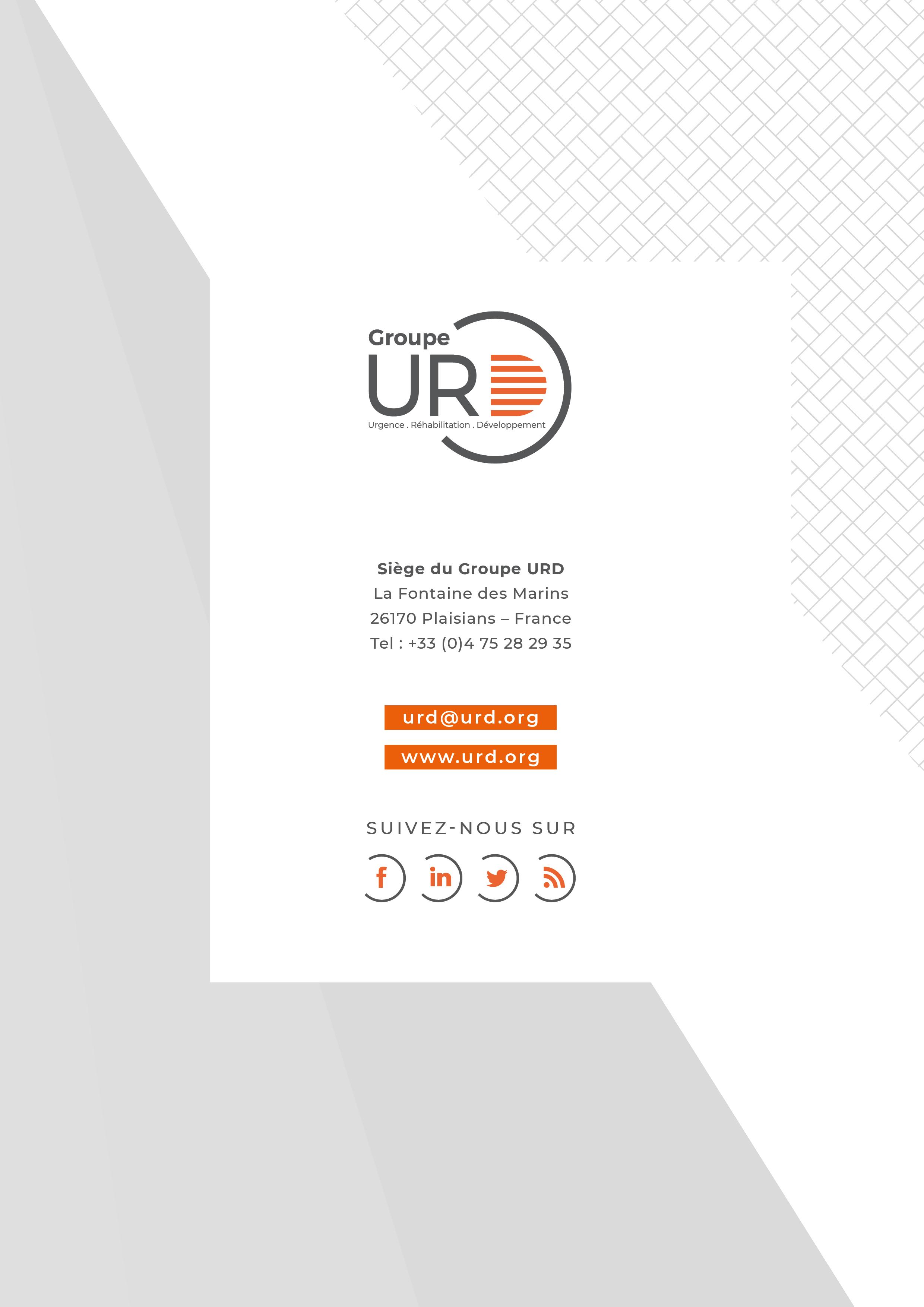1. 1.1.
INTRODUCTION GENERAL CONTEXT OF THE REVIEW
1.1.1. GLOBAL CONTEXT
In the context of the Covid-19 pandemic, the Disasters Emergency Committee (DEC) launched a specific COVID Appeal on 14 July 2020. By the end of August 2020, the campaign had raised over £22.5 million, including UK Aid Match.
Contrary to other DEC appeals, in response to emergencies already unfolding, this appeal adopted a proactive approach, based on the idea that responding as early as possible with preventive measures was
the most effective way of stopping the pandemic. Selecting countries based on forecasts of the
humanitarian needs that would be created by the COVID-19 epidemic was challenging and decisions had
to be made with a ‘no regrets’ approach 2.
In the end, the funds raised by the Coronavirus 2020 Appeal were allocated to 14 DEC Member Charities
already working in 7 fragile states in Asia (Afghanistan and Bangladesh for the Rohingya crisis), the Middle
East (Yemen and Syria) and Africa (DRC, Somalia and South Sudan). These were selected as priority countries facing a critical situation exacerbated by the Covid-19 crisis. The funds were used to adapt on-
going projects and to develop new projects to respond to the anticipated health and non-health impacts
of the pandemic, as well as to cope with the impacts of the measures taken to stop it. Special attention was given to specific due diligence and protection measures for staff and partners.
A first allocation of £13m was made in July 2020, of which DEC Member Charities budgeted £10.9m for Phase 1 programmes (14 June 2020 - 31 January 2021). A second allocation was made in November and
will be used for either Phase 1 or Phase 2, or both. Phase 2 programmes will run from 1 February 2021 to
31 January 2022. The Real-Time Response Review is part of DEC’s accountability policy. It contributes to meeting the high demand for accountability from the British population, who donated very generously to
the DEC Coronavirus 2020 Appeal. It also aims to contribute to learning and the continuous improvement
of humanitarian practices.
1.2.
OBJECTIVES AND SCOPE OF THE REVIEW
In line with the DEC’s strong commitment to transparency, continuous learning and accountability, Groupe
URD has been selected to provide MEAL services for the humanitarian programmes funded by the DEC COVID-19 Appeal.
The main tasks are: •
Carrying out the Real-Time Response Review of the DEC-funded programmes and making
recommendations for improvements in aid delivery based on the main findings of the review;
As data about the prevalence of Covid-19 were not available and/or accurate in most of the countries when the decision was made, the DEC secretariat used the INFORM COVID-19 Risk Index and the Global Health Security Index in order to identify the countries most at risk from the health and humanitarian impacts of Covid-19.
2
6


